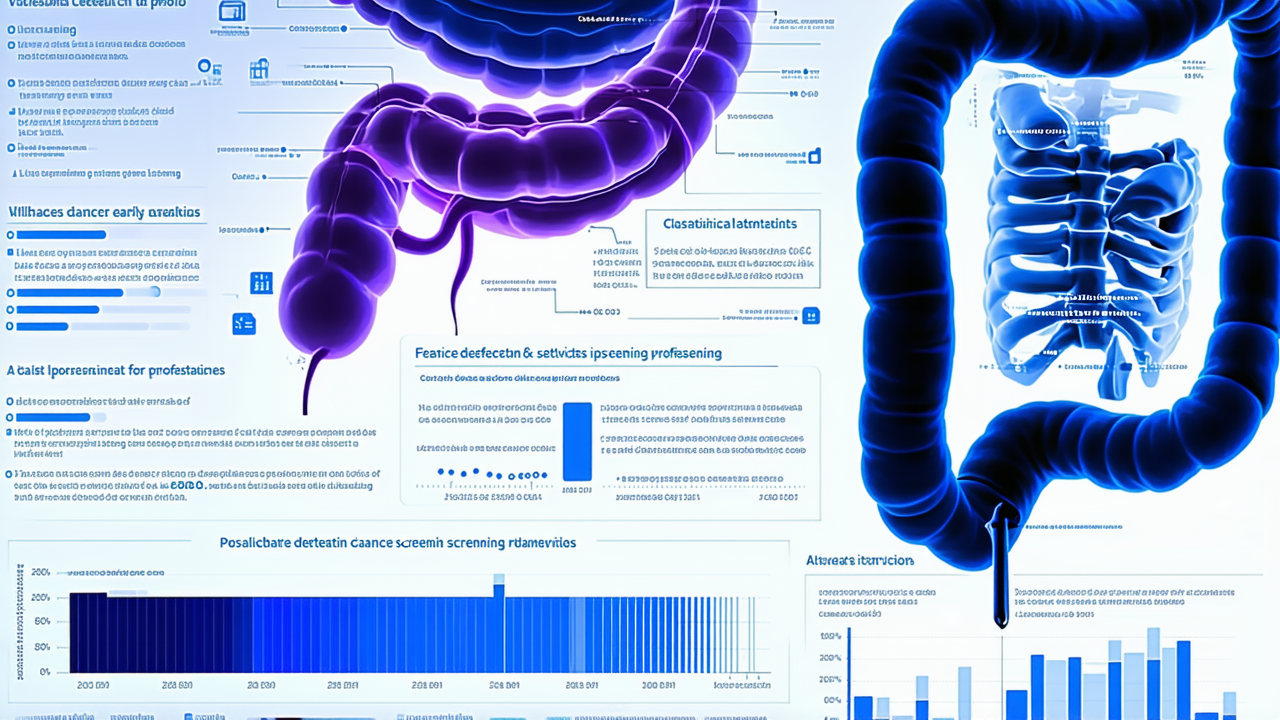More Early-Stage Colon Cancers Detected in People Aged 45-49 Due to Increased Screenings, Research Reveals
More Early-Stage Colon Cancers Detected in People Aged 45-49 Due to Increased Screenings, Research Reveals
Recent research from the American Cancer Society highlights a significant shift in the detection of colon cancer among younger adults, specifically those aged 45 to 49. With more people in this age group undergoing colorectal cancer screenings, there has been a notable rise in early-stage diagnoses, according to two studies published in the Journal of the American Medical Association.
The findings reveal that from 2004 to 2019, the annual increase in colorectal cancer incidence among people aged 45 to 49 was 1.1%. However, this number surged to 12% from 2019 to 2022. Simultaneously, the rate of colorectal cancer screenings among U.S. adults in this age group rose by a staggering 62% from 2019 to 2023.
This increase can be attributed in part to changes in screening guidelines. In 2018, the American Cancer Society (ACS) lowered the recommended age for beginning colorectal cancer screenings from 50 to 45. The U.S. Preventive Services Task Force (USPSTF) followed suit in 2021, reinforcing the importance of earlier detection.
Elizabeth Schafer, lead author of the study and a surveillance and health equity scientist, called the findings "promising news." She explained that the rise in cases is likely due to an increase in first-time screenings among younger adults following the updated recommendations. Jessica Star, another lead author and researcher at the ACS, echoed this sentiment, calling the increase in screening rates "thrilling." However, she also emphasized that there is still much work to be done, as screening rates for people aged 45 to 49 remain suboptimal and are not evenly distributed across different levels of education and insurance status.
The importance of these screenings has been further underscored by recent concerns from medical associations, particularly after reports suggested that Health and Human Services Secretary Robert F. Kennedy may remove all members of the USPSTF. This move has raised alarms among healthcare professionals, who warn that such a decision could significantly hinder progress in preventative care. Dr. Thomas Lew, a physician at Stanford Health Care, stated that this action would "greatly damage all the work we've done in preventative care, making people sicker, and driving up costs and premiums."
At the time, an HHS spokesperson reiterated that no final decision had been made on the future of the USPSTF, stating that "No final decision has been made on how the USPSTF can better support HHS' mandate to Make America Healthy Again."
As the data continues to unfold, the research underscores the critical role of early detection in improving colon cancer outcomes. While the increase in screenings is a positive development, ensuring equitable access to these life-saving tests remains a key challenge for public health officials and healthcare providers.
